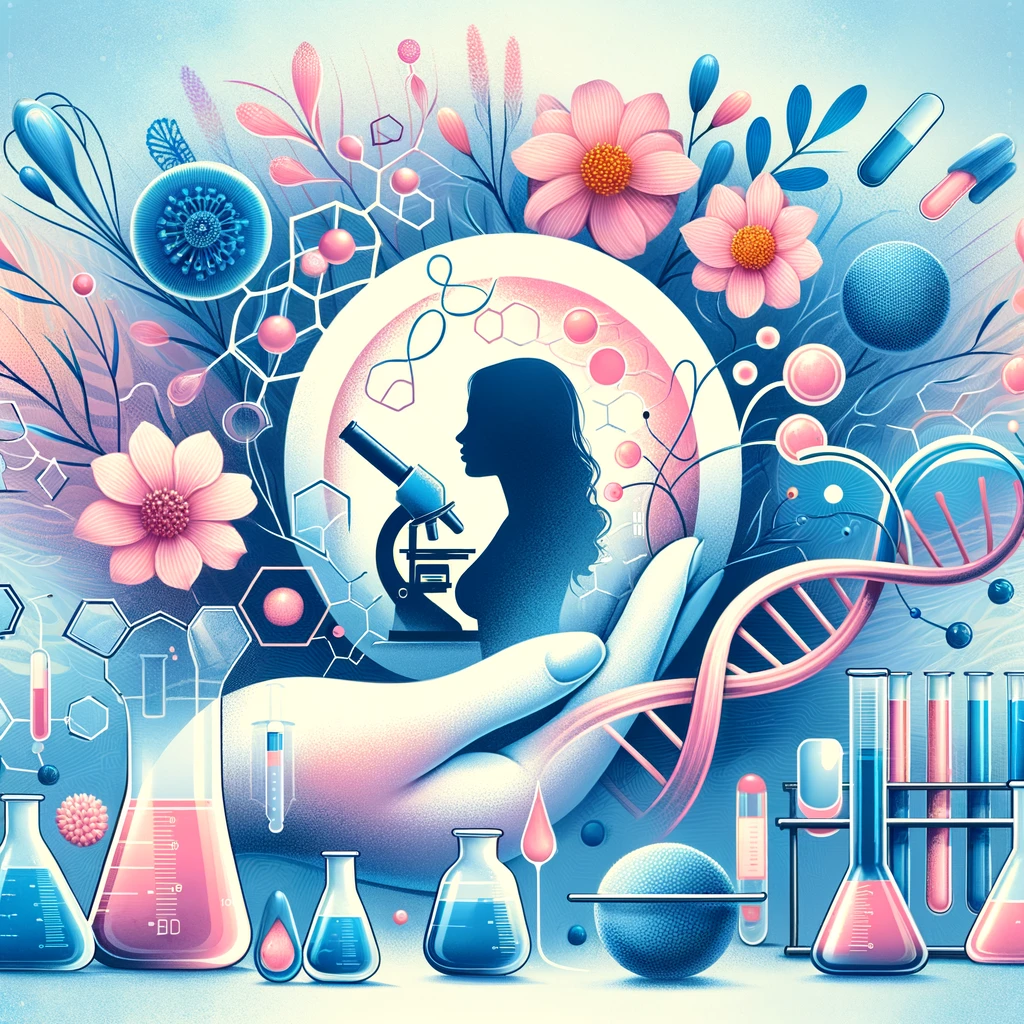High-mobility group box 1 (HMGB1) protein is increasingly recognized for its significant roles within the female reproductive system. As a non-histone chromatin-associated transcription factor, HMGB1 is vital in maintaining DNA integrity, influencing gene expression, and facilitating critical reproductive processes such as uterine decidualization, embryo implantation, and early fetal development.
Recent studies have illuminated HMGB1’s involvement in unexplained recurrent spontaneous abortion (URSA), a distressing complication impacting the maternal-fetal interface.
Researches indicate that HMGB1 is abnormally expressed in the decidual tissues of URSA patients, where it appears to activate pyroptosis through mechanisms involving TLR2/TLR4 and NF-κB pathways, leading to sterile inflammation that compromises pregnancy.
Interventions such as low-dose aspirin have shown potential in reducing HMGB1 levels and mitigating these effects, offering a promising avenue for therapeutic development.
This dual role of HMGB1—as both a crucial biological player in normal reproductive functions and a pathological factor in reproductive disorders—underscores its potential as a therapeutic target. The ongoing exploration of HMGB1-targeted therapies, including anti-inflammatory agents and modulators of its signaling pathways, could open the way for novel treatments that address various reproductive health challenges.
In HMGBiotech we provide comprehensive information to facilitate informed decision-making for research involving HMGB1.
Contact us for your pre-sales questions about HMGB1
Read the full articles about the studies:
https://www.frontiersin.org/journals/immunology/articles/10.3389/fimmu.2023.1238785
https://pubmed.ncbi.nlm.nih.gov/35003098/




